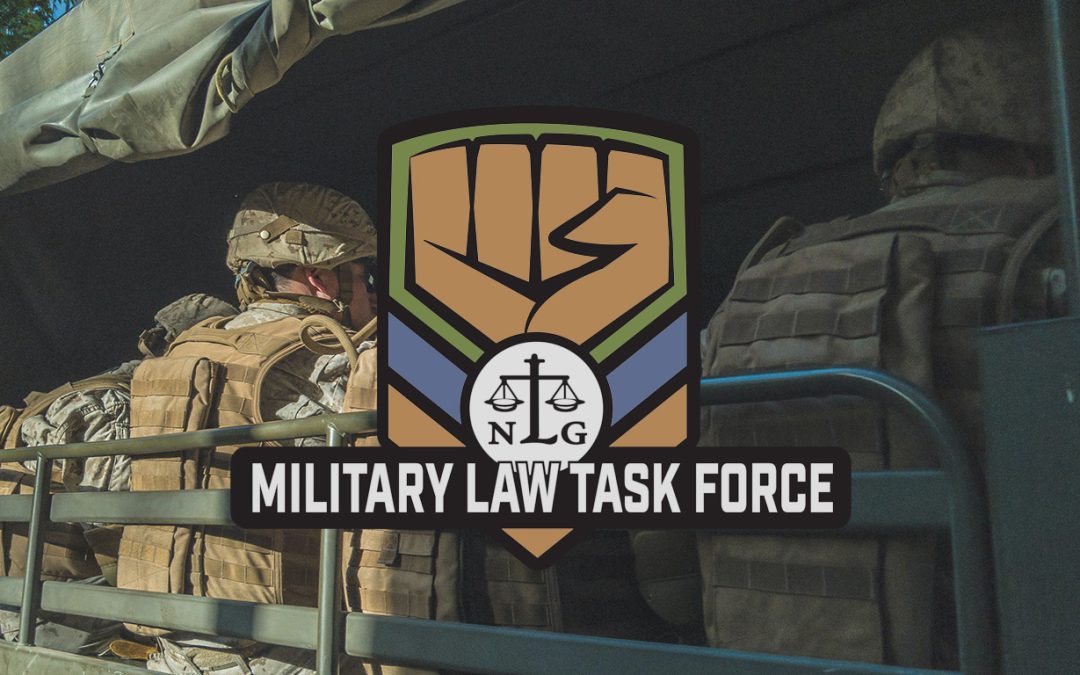BY LIBBY FRANK
The National Commission on Military, National, and Public Service was created by the National Defense Authorization Act of 2017 to review the military selective service process and to consider methods to increase participation in military, national, and public service. The Commission released its final report, Inspired to Serve, on March 25, 2020.
In 2015, when Obama opened all military assignments to women, it undercut the argument that had been used for so many years to justify requiring only men, but not women, to register for the draft. Congress, in an effort to get ahead of a constitutional challenge, decided to basically do nothing. So they established a commission to make recommendations. They were not able to avoid a constitutional challenge, which is being played out in the courts right now.
The commission made a number of recommendations for military service, national service and public service. In general, the recommendations involve developing a national sense of service – to the point that it is widely accepted and widely practiced.
In relation to military service, they recommend improving military outreach by increasing JROTC and
ASVAB, bringing military personnel into the classroom, and bringing the classroom into the military (e.g. classroom visits to military bases). They also recommend strengthening military recruitment and marketing and offering technical training in exchange for an enlisted service commitment. This is consistent with complaints by the military that the current generation just does not have exposure to military service, and if they did, they would be more inclined to enlist. They recommend keeping the Selective Service System as is and extending the registration requirement to women. (This was covered in a previous issue of “On Watch”).
The commission recommends improving national service programs and making them a viable alternative for people. That would involve increasing pay and benefits and expanding the number of opportunities. Currently there are more people interested in some sort of national service (e.g. AmeriCorps) than there are openings. They recommend increasing the pay by 175%.
Of course this would also mean enhanced recruitment efforts. In addition to recommending recruitment marketing campaigns, they suggest creating an office at the executive level to coordinate initiatives which will benefit recruitment for military, national and public service.
Finally, the commission recommends revamping public or civil service so it is on par with private employment. That would involve completely revamping the hiring process; making pay and benefits competitive; promoting a high-performing personnel culture, etc.
As noted many times, these are recommendations. It is unlikely any decision will be made for months. And what form will that take? Personally I would not mind seeing more non-military alternatives for young people; alternatives that provide a living wage and benefits. I’ve been going into high schools since 2004 as a counter-recruiter. Many, if not most, of the students I talk to really don’t know what they want to do after high school and would welcome such an opportunity. Do we have any confidence that non-military alternatives will be funded on par with military options? Even if they are we should be concerned about the creeping militarism the recommendations entail?
The commission would like to see such a national sense of “service” that should there be a national call-up, they wouldn’t even have to use the draft system; they would have enough volunteers that it wouldn’t be necessary.
And do we really need more JROTC programs? More students taking the ASVAB so they can be steered into military careers? Do we want school children visiting military bases or military personnel showing up in classrooms to read “Green Eggs and Ham” or showing high school students how to create weapons with 3D printers?
This is a disturbing trend and, as mentioned in the previous issue of “On Watch”, something we need to start preparing for and mobilizing around now.
Libby Frank is an anti-war activist living in Chicago. She has been involved in counter recruitment activities since the Iraq war. She helped found Northwest Suburban Peace and Education Project and has worked with AFSC’s Truth in Recruitment project and the Chicago chapter of Veterans for Peace Demilitarization project. She is a member of the MLTF Steering Committee.



